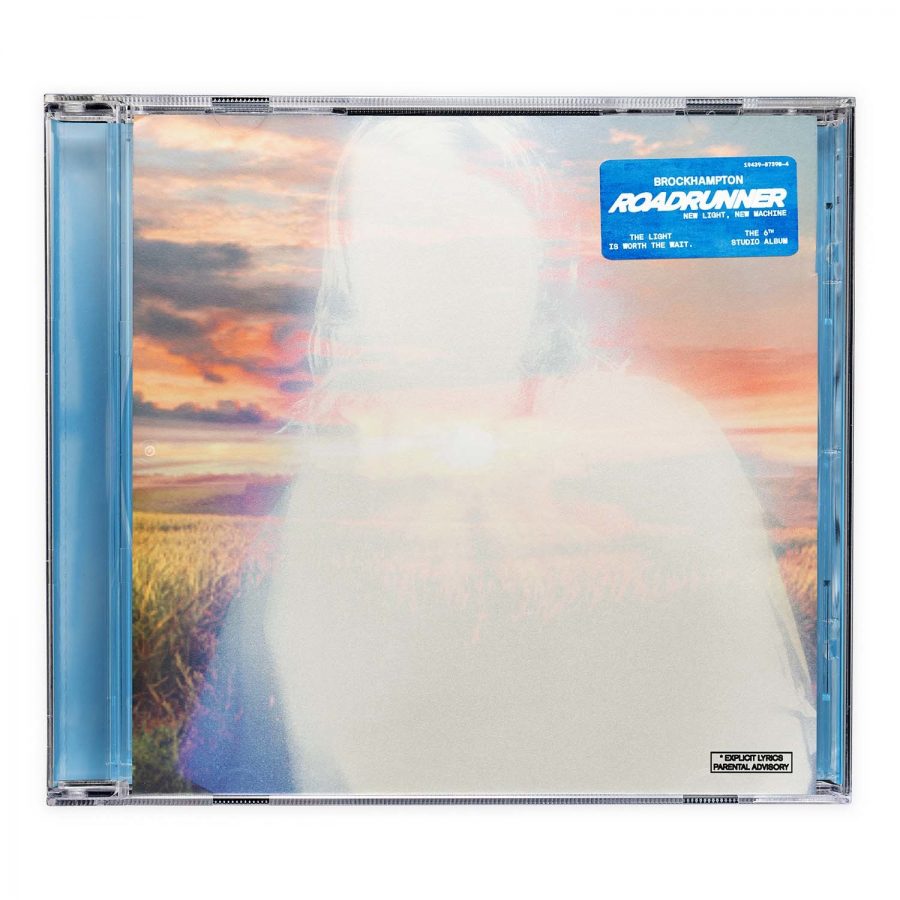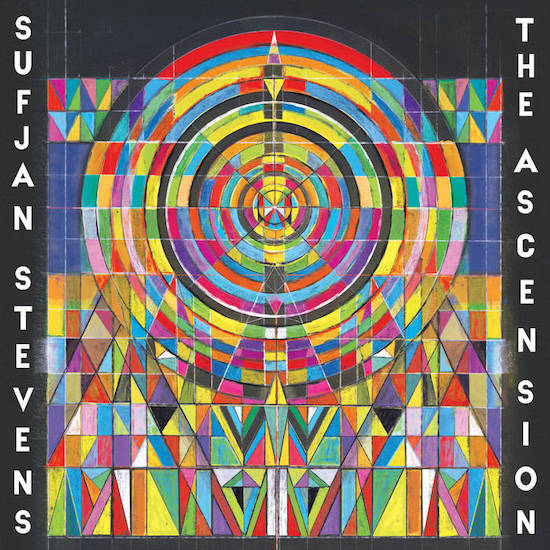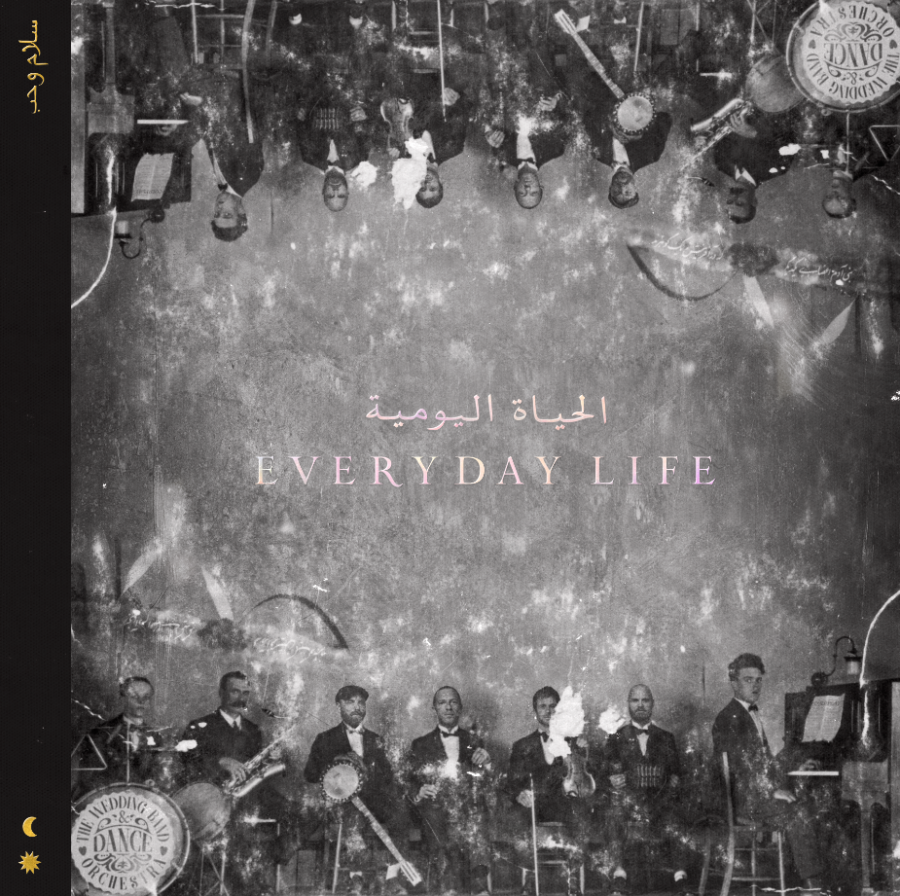God bless U2. Perhaps the last rock band to achieve universal cultural relevance, they have spawned a veritable army of sincere, quasi-spiritual successors to carry their mantle into the 21st century, while Bono buries himself more and more in condescending charity projects. Arcade Fire, unlike Coldplay, Travis and the long list of imitators in Christian contemporary music, has managed to retain a cache of credibility throughout its four albums and counting. While I have never loved any of their albums, their latest “Reflektor” is the first to be truly irritating, mostly because it squanders both a stylistic twist and the formidable talents of producer James Murphy on the most tiresome “dance” record of the year.
Spanning two discs, 13 songs and 75 minutes of music, “Reflektor” was released with an avalanche of hype and corporate-sponsored guerrilla marketing. The first review released was a rapturous hymn of praise in Rolling Stone, comparing this turgid and murky mass to canonized greats like “Achtung Baby” and Radiohead’s “Kid A.”
The comparison to the former makes a degree of sense, as this album, like U2 on “Achtung,” captures a band going through a transition and trying on both new stylistic ideas and a sense of irony. Arcade Fire, however, wears its irony uncomfortably, failing to channel its bitterness into playfulness the way Talking Heads, who are an omnipresent influence on this album, were able to do. Instead, they retain the mirthless sincerity for which they are notorious, capitalizing on well-worn influences and scoring cheap emotional points the way a hack film director tries to wring tears from their audience’s eyes by zooming in on abandoned teddy bears.
Songs stretch on far too long, pounding sermons about the shallowness of digital culture, the cruelty of “normals” and the insensitivity of missionaries. Butler, never a lyrical genius, plumbs the primordial depths of his reservoir of hamfisted phrases. Some of those lines, like the main refrain from “Flashbulb Eyes,” made me do a double-take. Butler croons, “What if the camera really do take your soul?” On “Normal Person,” the most mainstream rock band of our time bristles at all the normal people — especially at how cool they are, oddly enough — and asks if there is anything as cruel as a normal person.
Early on, in “We Exist,” Butler reiterates one of the oldest complaints of pampered rock stars: their audiences don’t respect them enough. While it’s not as bold-faced as Roger Waters’ assertion that rock shows are fascist rallies in disguise, it also lacks panache or justification.
Butler’s wife and fellow lead singer Regine Chassaigne has a far more muted presence on this album than on previous ones, which leaves Butler trying to contort his voice to work on disco beats. Even though those beats normally hang around midtempo, he simply cannot manage it, draining all of the fun even out of songs like “Here Comes the Night Time (Part 1),” by far the best track on the record.
That song, which ends with Arcade Fire letting loose in a fiery burst of joy, represents both the high point on “Reflektor” and a cruel reminder of what could have been a triumph. Even a cameo appearance by David Bowie merely reinforces my impression that this whole enterprise is derivative and dull. Though on the first and title track you can hear James Murphy’s LCD Soundsystem influence coming through with a respectable disco pulse, that is one of the few songs that remains danceable for any length of time. This is serious business, and unfortunately Arcade Fire fails to conjure up the needed gravitas or skill to make it work.











